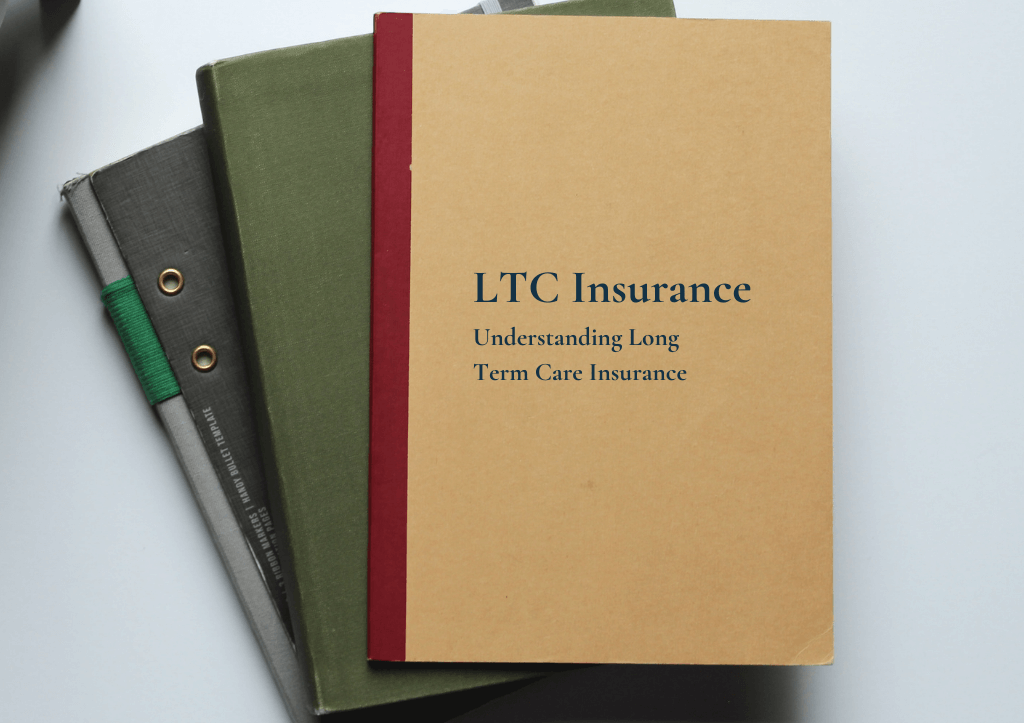LTC insurance is a relatively new product, and like many new products, it has had its share of growing pains. Introduced in the 1960s, initial versions of this insurance sold through the early 1980s were called nursing home insurance because they were much more limited than modern LTC insurance, only covering care in nursing homes, and primarily in skilled facilities at that. In addition, developing actuarial assumptions was difficult for the industry, and insurers made a number of actuarial mistakes:
- They underestimated how long people would live;
- They assumed more people would drop their coverage, but lapse rates have been extremely low; and
- The length of claims is increasing, in part because people with cognitive memory disorders can live a very long time but require extensive care.[1]
As a result of these actuarial miscalculations, many older policies have seen rate increases ranging from 0% to well over 100%.[2] That said, the insurance need continues and is growing. In 1980, LTC care insurance expenditures in the U.S. were $30b.[3] By 2010, such expenses represented 1% of our gross domestic product (about $150b) and by 2050 that number is expected to grow to 3% of GDP.[4] Thankfully, the insurance industry has adapted and is now offering improved products that address many of the issues that plagued earlier policies.
The majority of policies sold now are hybrid life insurance / long-term care policies. These policies are typically funded using 1-10 fixed annual premiums. Unlike traditional policies, premiums can never increase and benefits can never decrease. In addition, for those people that may be resistant to purchasing a LTC care insurance policy because they think they may never need the benefit, these new policies offer additional ways to benefit from the policy even if they never become disabled. To the extent that the long-term care benefit has not been used, these new policies offer the option to surrender the policy for a return of 80% – 100% of premiums paid or a death benefit for their heirs to the extent the policy has not paid out disability benefits or been surrendered.
State legislatures have their own concerns about the costs of long-term care and LTC insurance. The State Departments of Insurance (DOI) regulate and oversee LTC insurance sold and administered in each state. In 2019, Washington State became the first state to pass legislation creating a limited state-run LTC insurance benefit, requiring residents to either procure private marketplace individual policies or participate in the state-run option. Now Minnesota, Michigan, Illinois and California are also considering public and private options as well and will be closely watching the implementation of the Washington State program.
Regardless of your state’s approach to legislating LTC insurance, it may be both timely and prudent to explore whether LTC insurance makes sense for you. A good rule of thumb for insurance is to insure the big things and self-insure for the small. Applying that rule of thumb to LTC insurance, those with a net worth in the mid-to-high 7 digits can generally afford to self-insure for long-term care (even if they may choose to purchase insurance anyway). Those with a net worth less than that should consider how they would address potential long-term care expenses were they to arise.
So, as we reflect on America’s independence this July, please take a little time to reflect on your own personal independence goals. As always, your Pathstone client service team is here to help you navigate these issues and provide assistance with all of your planning needs. If you have any questions, please reach out to us.
[1] The State of Long-Term Care Insurance, National Association of Insurance Commissioners, December 2019. Accessed on 7/1/2021 at https://content.naic.org/sites/default/files/inline-files/2019_CIPR_LTCI%20Brief.pdf.
[2] Rate Increases by Leading Insurers can be found at the American Association for Long-Term Care Insurance website. Accessed on 7/1/2001 at https://www.aaltci.org/long-term-care-insurance/learning-center/long-term-care-policy-rate-increases.php/.
[3] The State of Long-Term Care Insurance, National Association of Insurance Commissioners, May 2016. Accessed on 7/1/2021 at https://naic.org/documents/cipr_current_study_160519_ltc_insurance.pdf.
[4] Long-Term Care Insurance, National Association of Insurance Commissioners, updated 2/9/2021. Accessed on 7/1/2021 at https://content.naic.org/cipr_topics/topic_longterm_care_insurance.htm.
Please see the PDF version of this article for important citations and disclosures.




















